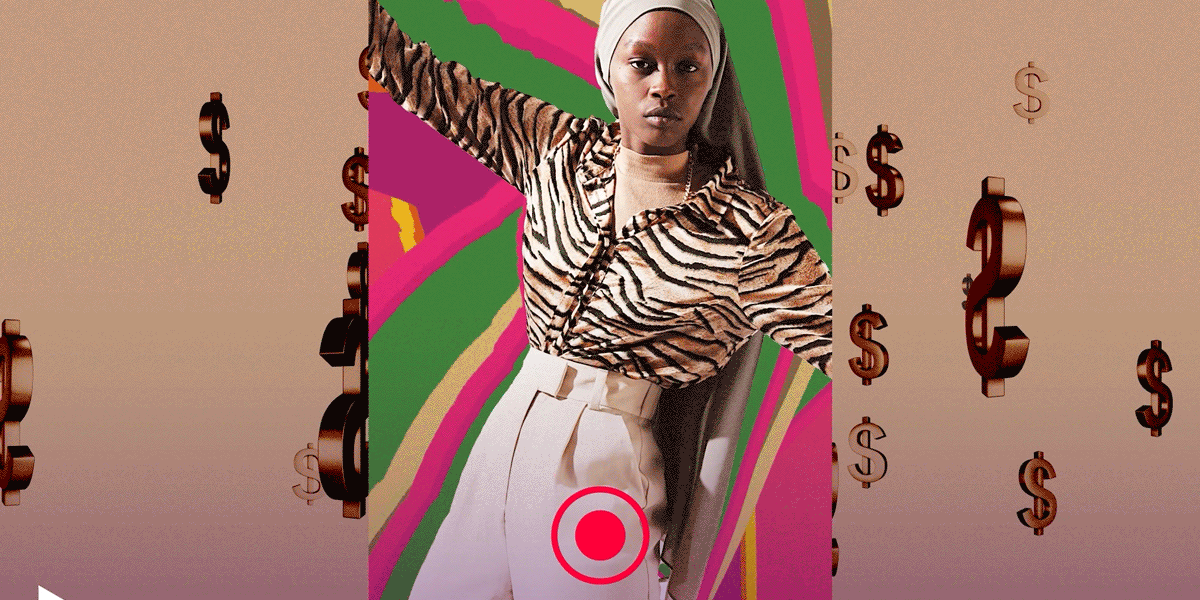
When asked what percent of Shorts ad revenue will be in this creator pool, a YouTube spokesperson did not address the question. When pressed in a follow-up email, the spokesperson replied, “we don’t have further detail to share beyond what’s here,” referring to a blog post by YouTube announcing the new plan, which also does not disclose that information.
In short, it’s hard to gauge how transformative YouTube’s offer is—and how enticing it will be for TikTokkers.
To be sure, the company’s move will almost certainly still be an improvement over what has long been offered to creators of Shorts—and what is currently offered to TikTokkers. In recent years, the two platforms have used the same payment model: creator funds, which are detached from ad revenue and are static vats of money provided by the platform to be distributed among people making especially engaging content. But as a platform grows, that amount doesn’t necessarily keep pace—even as more eyes are watching, and more new creators are claiming a slice of the pie. That means that as a platform like TikTok prospers, the creators fueling that rise actually earn less. (Representatives of TikTok did not respond to a request to comment from MIT Technology Review.)
